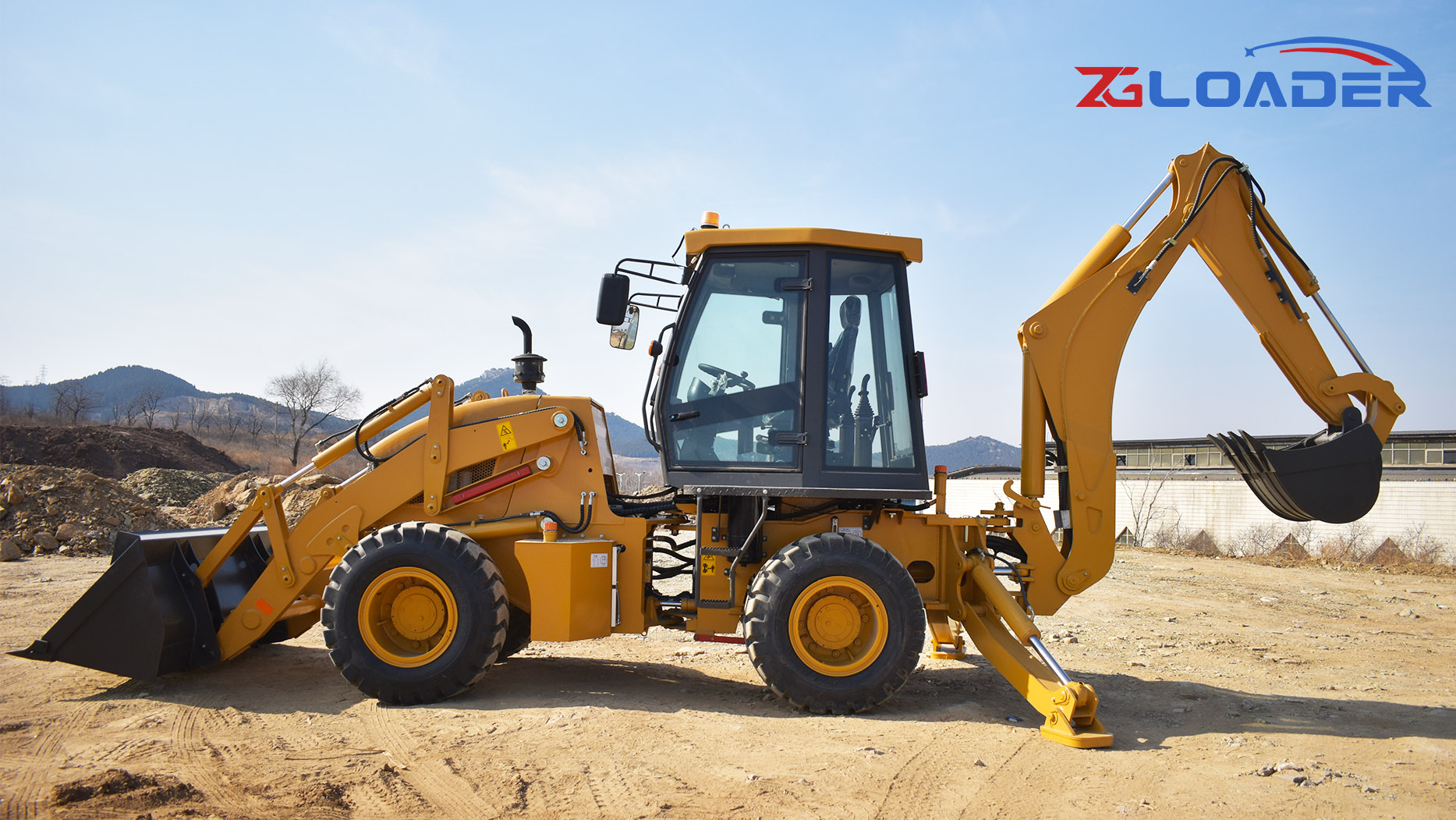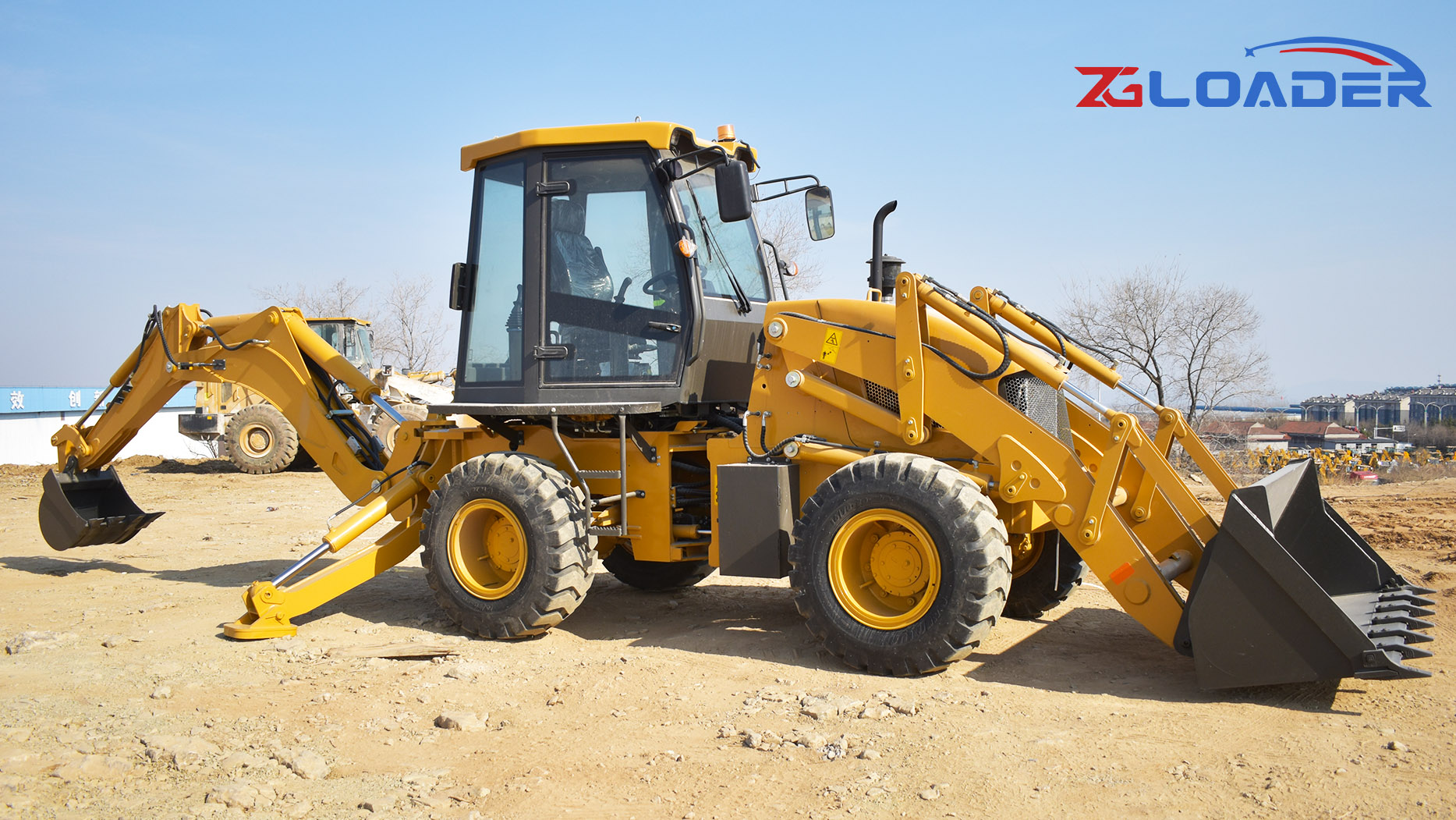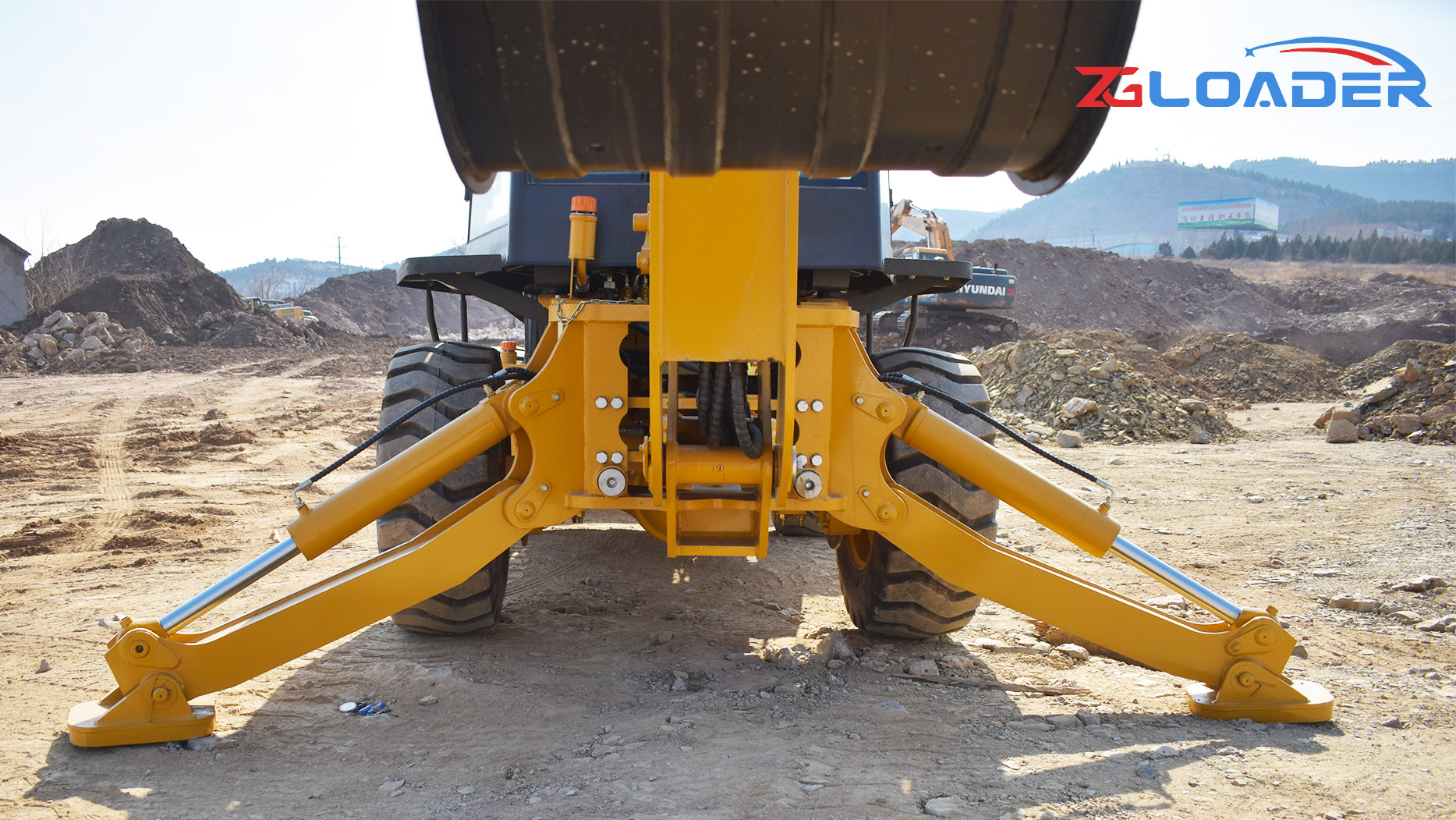The rhythmic roar of the engine, the precise swing of the boom, the controlled bite of the bucket – these are the hallmarks of a backhoe operator at work. More than just someone who operates heavy machinery, a backhoe operator is a skilled professional who combines technical knowledge, spatial reasoning, and practical experience to execute a wide range of tasks across various industries. This article delves into the multifaceted world of the backhoe operator, exploring their responsibilities, required skills, training pathways, career prospects, and the evolving landscape of the profession.
Understanding the Machine: The Backhoe Loader
Before dissecting the operator's role, it's crucial to understand the machine itself. The backhoe loader, often simply called a "backhoe," is a versatile piece of construction equipment. It's essentially a tractor fitted with a loader bucket on the front and a backhoe (a digging arm with a bucket) at the rear. This dual functionality allows the backhoe to perform a multitude of tasks, making it indispensable in construction, excavation, landscaping, and even agriculture.
The loader bucket is primarily used for moving materials like soil, gravel, sand, and debris. The backhoe, on the other hand, excels at digging trenches, excavating foundations, and performing other digging operations. The versatility of the backhoe loader is further enhanced by the availability of various attachments, such as augers, breakers, and compactors, which can be fitted to the backhoe arm to extend its capabilities.
The Backhoe Operator: More Than Just a Driver
A backhoe operator is far more than someone who simply sits in the cab and manipulates the controls. They are skilled professionals who are responsible for the safe and efficient operation of the machine. Their duties extend beyond just moving dirt; they encompass a range of tasks that demand a blend of technical understanding, practical skills, and a strong focus on safety.
Key Responsibilities of a Backhoe Operator:
Pre-Operational Checks: Before starting the engine, a responsible operator conducts a thorough inspection of the machine. This includes checking fluid levels (engine oil, hydraulic fluid, coolant), inspecting tires and tracks for wear and tear, verifying the functionality of lights and signals, and ensuring all safety features are in place. This daily ritual is crucial for preventing accidents and ensuring optimal machine performance.
Understanding Site Plans and Instructions: Backhoe operators often work from blueprints, site plans, or verbal instructions. They must be able to interpret these instructions accurately to understand the scope of the job, the location of underground utilities, and any potential hazards.
Operating the Backhoe and Loader: This is the core function of the operator. It requires precise control of the machine's hydraulics to execute digging, lifting, and moving operations smoothly and efficiently. Operators must be adept at feathering the controls to achieve the desired level of precision and avoid damaging property or underground infrastructure.
Trenching and Excavation: A significant portion of a backhoe operator's work involves digging trenches for pipelines, cables, and foundations. This requires understanding soil types, calculating trench depths and widths, and ensuring the stability of the trench walls.
Material Handling: Backhoe loaders are used extensively for moving materials on construction sites. Operators must be skilled at loading trucks, stockpiling materials, and leveling surfaces.
Grading and Backfilling: In many cases, backhoe operators are responsible for grading and backfilling excavations. This requires a keen eye for detail and the ability to create smooth and even surfaces.
Maintenance and Troubleshooting: While major repairs are typically handled by mechanics, backhoe operators are expected to perform basic maintenance tasks, such as greasing moving parts and cleaning the machine. They should also be able to identify and troubleshoot minor problems.
Adhering to Safety Regulations: Safety is paramount in the operation of heavy machinery. Backhoe operators must be thoroughly familiar with and adhere to all relevant safety regulations, including those related to personal protective equipment (PPE), traffic management, and underground utility location.
Communication and Teamwork: Backhoe operators often work as part of a team. Effective communication with other workers, supervisors, and site managers is essential for coordinating tasks and ensuring a safe working environment.
Essential Skills and Qualities:
Technical Aptitude: A good backhoe operator possesses a solid understanding of the mechanics of the machine, including hydraulics, engines, and electrical systems.
Spatial Reasoning: The ability to visualize three-dimensional spaces is crucial for accurate digging and material handling.
Hand-Eye Coordination: Precise control of the machine's controls requires excellent hand-eye coordination.
Problem-Solving Skills: Operators often encounter unexpected challenges on the job site. The ability to think on their feet and find effective solutions is essential.
Safety Consciousness: A strong commitment to safety is paramount. Operators must be aware of potential hazards and take appropriate precautions to prevent accidents.
Physical Stamina: Operating a backhoe can be physically demanding, requiring long hours of sitting and concentration.
Attention to Detail: Precision is critical in many backhoe operations. Operators must be able to pay close attention to detail to avoid errors and ensure quality workmanship.
Training and Certification:
The path to becoming a qualified backhoe operator varies depending on location and specific job requirements. However, several common pathways exist:
Vocational Schools and Technical Colleges: Many vocational schools and technical colleges offer programs in heavy equipment operation, including specialized training on backhoe loaders. These programs typically combine classroom instruction with hands-on experience.
Apprenticeships: Apprenticeships provide a structured learning environment where aspiring operators work under the supervision of experienced professionals. This allows them to gain practical experience while earning a wage.
On-the-Job Training: Some employers offer on-the-job training to new hires. This typically involves working alongside experienced operators and gradually taking on more responsibility as skills develop.
Certification: While not always mandatory, certification can demonstrate competency and enhance career prospects. Organizations like the National Commission for the Certification of Crane Operators (NCCCO) offer certifications for various types of heavy equipment, including backhoe loaders.
Career Prospects and Salary:
The demand for skilled backhoe operators remains strong across various industries, including construction, infrastructure development, landscaping, and mining. With experience and specialized skills, operators can advance to supervisory roles or specialize in specific types of work, such as underground utility installation.
Salaries for backhoe operators vary depending on location, experience, and the specific industry. However, the profession generally offers competitive wages and benefits.
The Evolving Landscape:
The field of heavy equipment operation is constantly evolving. Advancements in technology, such as GPS-guided systems, automation, and electric-powered machines, are changing the way backhoes are operated. Operators who are adaptable and willing to learn new technologies will be best positioned for success in the future. Furthermore, increasing emphasis on safety and environmental responsibility is shaping the training and certification requirements for backhoe operators.
Conclusion:
The backhoe operator plays a vital role in numerous industries, contributing to the construction of infrastructure, the development of communities, and the efficient movement of materials. More than just drivers, these skilled professionals combine technical expertise, spatial reasoning, and a strong commitment to safety to operate complex machinery and execute a wide range of tasks. As technology continues to advance, the role of the backhoe operator will likely evolve, but the fundamental skills and qualities of precision, problem-solving, and a dedication to safety will remain essential for success in this demanding and rewarding profession.
Post time:Feb.07.2025



